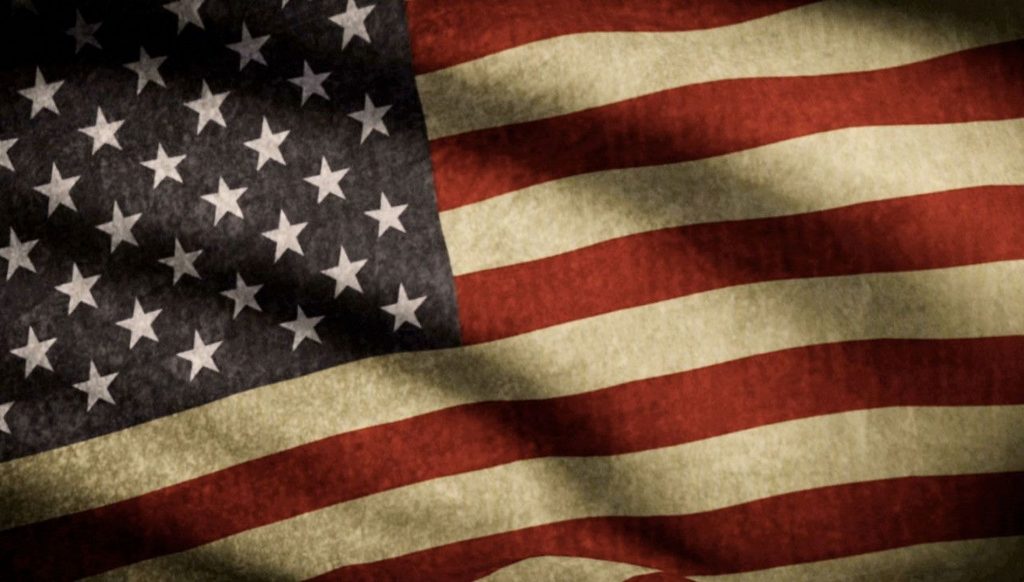Dear Cato,
Thank you for your clear exposition on the American frontier as the defining myth in the USA. I suspect we may well agree on a couple of further current myths; one perpetrated on your side of the pond that says you should “Make America Great Again” is, I suggest, almost a mirror image of the other over here in the United Kingdom that we should “Take Back Control”.
You will forgive me if I leave you to an analysis of the MAGA soundbite and focus myself instead on some of the intellectually lazy and questionable apothegms currently doing the rounds in the three ring circus that represents electioneering activity here in the UK.
Of course, one cannot separate debate about Brexit from the general menu of competing promises offered by the main political parties, hence any argument on any topic seems inevitably to return to the dreaded `B` word !
But to the myth itself. Taking Back Control, or it`s single word equivalent – and conveniently vague cousin – `Sovereignty`. This was always only a thin veil draped inadequately over the blowsy realities of globalisation and inter dependence. Sovereignty might carry faint echoes of the Empire on which “the sun never sets” and stir some kind of drumbeat patriotism among those disaffected sections of our population who are only to ready to lay blame for the country`s ills at the feet of “Johnny Foreigner” but that was then. The far more distasteful contemporary manifestation of that bigoted viewpoint is far less nuanced, not to say overtly racist. Hence the fake news posters put out by the Brexit party before the 2016 referendum showing queues of mostly non-white refugees crossing the Croatia/Slovenia border in 2015 but purporting to represent the unrestricted influx of immigrants from the EU into the UK.
The Tories over here are not immune to using the race card either with promises that Health Service waiting lists will be miraculously cured if only those pesky immigrants can be prevented from taking up `our` medical resources. Of course, the inconvenient fact that the NHS would collapse if all `immigrants` currently working in it and for it were to leave seems to have escaped such critics.
Of course, this is the besetting problem of fake news on all sides. It has completely debased the hard currency of factual information and that, my friend, is the real danger. `Taking Back Control` is perhaps the ultimate shibboleth. As far as the man in the street is concerned, the reality should be that Parliament still makes its own laws, pursues justice through its own courts, grows curly cucumbers, whether or not approved by Brussels, and otherwise exists on a daily basis in pretty much complete ignorance of the EU and its machinations. However, if we are told untruths often enough, as the 2016 Presidential Election and the Brexit referendum has shown us, then those who would shape political discourse for their own ends will succeed in reaffirming the views of those who are only too happy to be confirmed in their particular – and jaundiced – point of view.
Remember that quote from JFK ? Here it is in its entirety and I do believe it says it all.
“The great enemy of truth is very often not the lie–deliberate, contrived and dishonest–but the myth–persistent, persuasive and unrealistic. Too often we hold fast to the cliches of our forebears. We subject all facts to a prefabricated set of interpretations. We enjoy the comfort of opinion without the discomfort of thought”
Wish us luck on December 12th. Until the next time,
Yours
Plato
